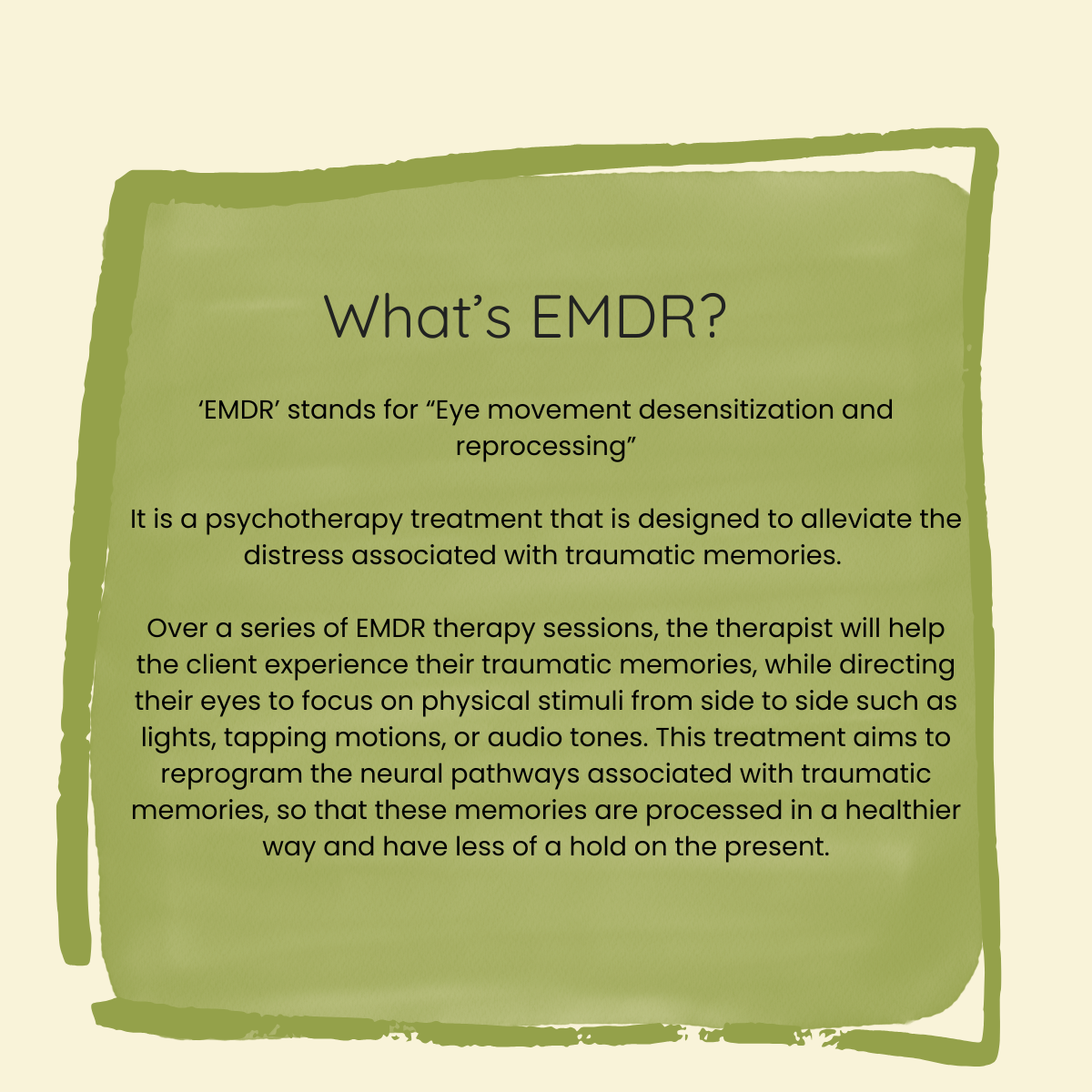Trauma therapy transforms lives by addressing root causes, reducing relapse risk, and fostering lasting well-being. Unfortunately, access to this specialized treatment is limited. CAI is supporting our grantee organizations to change this by training their staff to deliver this much-needed support to their clients in not-for-profit settings.
What is trauma?
Trauma is “the lasting emotional response that often results from living through a distressing event” (CAMH). A single incident, such as a wildfire, can cause trauma, but so might repeated exposure to harmful experiences, such as domestic abuse. Complex trauma can develop from exposure to multiple traumatic experiences. Trauma can also be passed down from trauma survivors to their descendants.
Traumatic memories are processed and stored in the brain in a different way than regular memories, leading to suppressed memories that surface in flashbacks. When traumatic memories are triggered, intense fear and panic can result.
Trauma shapes your sense of safety, self-worth, and ability to regulate your emotions. Dig deep enough, and you’ll often find trauma at the core of problematic substance use and mental health issues. Without treatment, these wounds can lead to ongoing distress, unhealthy coping mechanisms, addiction, and cycles of harm.
Shifting the focus
Trauma-informed counselling is a therapeutic approach that shifts the focus from asking “What’s wrong with you?” to “What happened to you?” In contrast to traditional addiction treatment approaches, which focus on abstinence and behaviour change, trauma-informed counselling helps a person process their past experiences in a healthy way. This can then reduce the likelihood of relapse, while also offering strategies to improve overall mental health.
 Addressing trauma can involve specific therapeutic modalities, such as Eye Movement and Desensitization Reprocessing (EMDR), and somatic therapies that make a person aware of their body’s physical response to trauma triggers.
Addressing trauma can involve specific therapeutic modalities, such as Eye Movement and Desensitization Reprocessing (EMDR), and somatic therapies that make a person aware of their body’s physical response to trauma triggers.
Unfortunately, despite the need for it, trauma counselling isn’t widely available because it’s not taught to student therapists as part of the main curriculum. It can also be expensive to train in. Furthermore, providing trauma therapy requires a longer number of sessions, which doesn’t always align with how counselling programs are set up and funded.
Advanced training
As part of our Community Counselling program, CAI has offered a small micro-grant to grantees from our existing Community Counselling Fund to support quality enhancements to their counselling programs. To date, 20 organizations have used these funds to train over 200 staff and interns to offer advanced training in trauma care, which in turn supports a new approach to supporting their clients.
The Tree (Kamloops Family Resource Centre)
Population focus: Adult women and mothers, primarily those navigating recovery from substance use, trauma, violence, poverty, and involvement with child protection systems.
Trauma training: EMDR training.
“One client is near graduating from our counselling program, and she shared that our program has allowed her to truly heal and progress and has been the only thing that has worked. She has attended detox, residential treatment, and has seen various counsellors over the years, but they were not able to provide the insight that EMDR has for her.”
Elizabeth Fry Society of Greater Vancouver
Population focus: EFry’s Counselling Program provides clinical counselling to adult women and non-binary people. Their EFry CARE Program provides services to women with community corrections involvement and requires referral by a probation or bail officer.
Trauma training: EMDR training.
“One client deepened their understanding of the interconnectedness of their trauma, substance use and the impact on their relationships. Through counselling, they achieved their goal of maintaining abstinence from substance use, whilst developing skills to ground themselves and set healthy boundaries in relationships.”
Vancouver Association for Survivors of Torture (VAST)
Population focus: VAST serves refugees and newcomers who have arrived in BC with psychological trauma resulting from torture, political violence, and other forms of persecution based on race, religion, gender identity, and sexual orientation. Many clients have been impacted by war, persecution, torture, or systemic marginalization.
Trauma training: Indigenous Focusing-Oriented Therapy training and two workshops for their counselling team on burnout, vicarious trauma, collaborative leadership and collective accountability. These workshops will add depth to VAST’s current approaches and help them better support clients whose healing does not follow clinical or structured paths. They will also address the reality that traumatic stories affect not only the client, but the staff who are supporting them, and that they also need to be supported.
“One of our biggest successes has been creating spaces where newcomers and survivors of trauma feel seen, heard, and supported. These supports were often the first opportunity clients had to talk about what they’ve been through in a safe, culturally affirming space. We also expanded our Art in Community program, which brought people together across cultures and languages to connect, express themselves, and build trust through creative activities. These groups became a powerful way for participants to reconnect with themselves and others.”
More work needs to be done
Working on trauma is not only a benefit to the individual. It prevents hospitalizations, interpersonal harm, and transmission of trauma over generations. Although we are proud to support the work of our grantees who do this important work, we know that more funding for trauma care is necessary to make trauma counselling available to everyone in this province who needs it.
